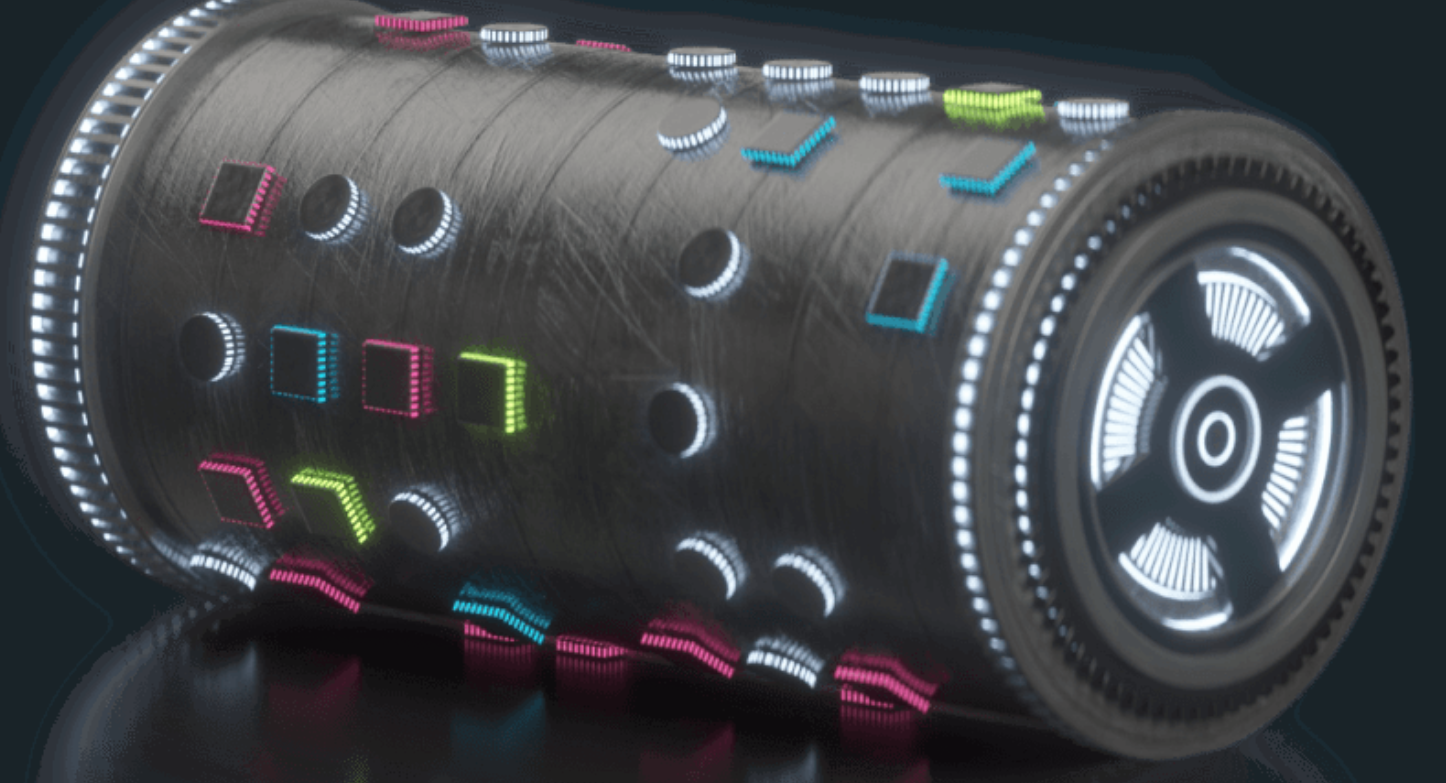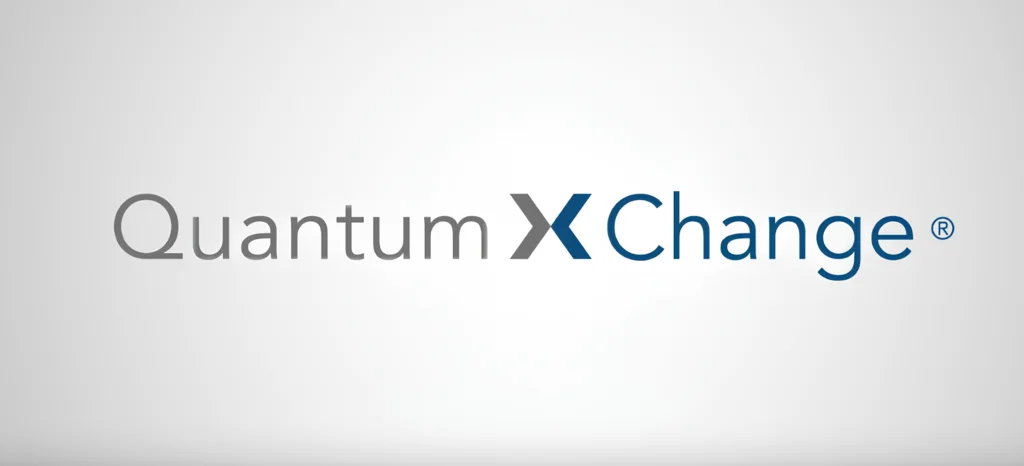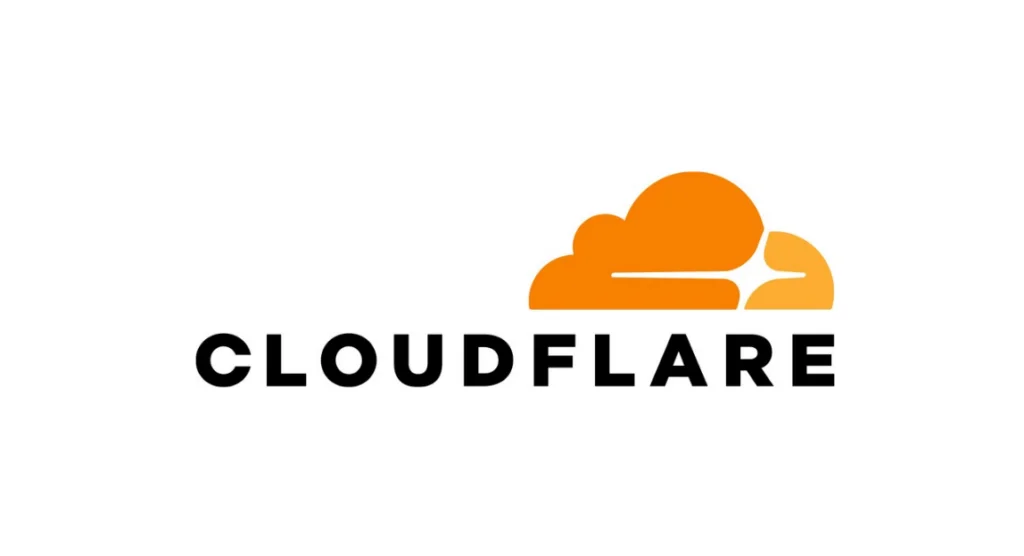Classiq, a quantum computing software provider, is expanding enterprise use cases through partnerships with NVIDIA, BMW and Citi, using software that abstracts hardware complexities. In a recent interview, Nir Minerbi talked about Classiq’s scalable, end-to-end Quantum Software Platform.
Classiq is a leading player in the quantum computing industry, focusing on developing an operating system and compiler for quantum computers.
“Quantum computing has been envisioned since the 1980s, and the big question was not why develop quantum computers but when or even if,” said Minerbi. He explained that the question of “if” has turned into “when,” and now it’s a matter of “relatively soon.”
To realize this new era in computing, both hardware and software are needed. While many companies are focused on developing the hardware, Minerbi noted: “It’s too early to bet on the winner. We established Classiq four years ago because there wasn’t any quantum software stack. No one could really program quantum computers, and it was clear this would be essential for the development of the field.”

Classiq’s product is well-adopted among large enterprises and academic institutions. Their compiler and operating system are completely hardware agnostic.
“We are integrated with all available quantum computers, many dozens,” said Minerbi. The key technology Classiq brings to the evolving software stack is design automation. “With Classiq, you don’t need to specify the quantum program at the gate level. You specify a high-level functional model focused on what you want to achieve,” he added.
Error correction is a significant challenge in quantum computing. Minerbi addressed this by stating: “The software layer enables quantum software engineers in any industry to describe what they want to achieve and automates the rest of the process.” To realize some of the more sophisticated quantum algorithms, a fault-tolerant machine and error correction are needed.
“From the software perspective, these developments mean that more complex algorithms with millions of gates are becoming more relevant,” Minerbi said. Additionally, Classiq embeds error correction schemes in advance of the compilation, ensuring quantum circuits come with error correction as part of the flow.
Hybrid quantum computing, which involves the interplay of quantum and supercomputing, is another area of interest.
“Most quantum algorithms are hybrid, meaning parts of the algorithm are done on a classical computer,” Minerbi said, stressing the necessity of classical computers as part of the quantum workflow. “HPC providers are trying to embed quantum computers within their HPC stack, both from a hardware and software perspective,” he continued. “We work closely with companies like HPE and Nvidia to integrate Classiq as a backend to their development environments.”
Classiq’s partnership with NVIDIA is particularly noteworthy, as the company is becoming a prominent player in the quantum space, initially focusing on simulations of quantum programs on GPUs.
“Simulations are essential for developing quantum applications and algorithms,” said Minerbi. The partnership allows users to compile and simulate advanced quantum circuits. “We’ve also collaborated on projects like the simulation of the largest quantum circuit to date,” he added. NVIDIA’s CUDA Quantum, an advanced quantum software framework, integrates with Classiq, forming the basis for further activities.
Partnerships play a crucial role in building out the quantum software stack.
“We partner with almost any type of quantum users or suppliers,” he said. With hardware providers, Classiq acts as an operating system for their machines, going to market together. The company is integrated with all available quantum clouds, including Microsoft Azure Quantum, Amazon Braket, and IBM. Additionally, partnerships with HPC providers and other software vendors enhance their offerings. A recent partnership with Wolfram integrates Classiq as a backend to the Wolfram Mathematica language, enabling the development of more complex quantum software.
Classiq’s vision is to power any quantum software stack and hardware with their engine, driving the quantum computing industry forward. As Minerbi concluded: “We aim to build a software stack that fits all, eventually enabling more abstract development, better integration across the stack, and extracting more value with fewer quantum resources.”
Featured image: Credit: Classiq
















